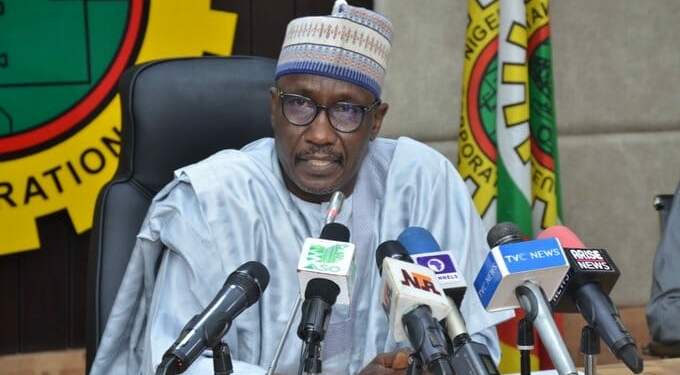- NNPC CEO Mele Kyari emphasizes commitment to resolving Nigeria’s energy challenges through collaboration, innovation, and partnerships with private refineries
- Kyari announces plans to expand gas infrastructure and launch Compressed Natural Gas stations to enhance domestic gas supply and support cleaner energy
Mele Kyari, the Group Chief Executive Officer of the Nigerian National Petroleum Company (NNPC) Ltd, has firmly stated that NNPC is dedicated to resolving Nigeria’s energy challenges.
Speaking at the 42nd Annual International Conference of the Nigerian Association of Petroleum Explorationists (NAPE) in Lagos, he highlighted the company’s goals of securing energy, supporting sustainable growth, and making energy affordable.
Addressing allegations of sabotaging local refineries, Kyari clarified that NNPC is a partial owner of the Dangote Refinery. This investment, he explained, strengthens the nation’s fuel supply chain.
He also praised President Tinubu’s initiatives to ease foreign exchange pressures by curbing fuel imports and enhancing local refining capacity.
Kyari underscored that collaboration, innovation, and technology are crucial to meeting Nigeria’s energy needs. “Resolving the energy trilemma requires bold ideas, shared knowledge, and collective determination,” he said, calling for a Nigeria where energy is secure, sustainable, and affordable.
He revealed that NNPC plans to partner with private refineries to ensure a stable supply of affordable petroleum products. This collaboration will involve Naira-for-crude transactions to stabilize Nigeria’s currency and manage the foreign exchange market.
Kyari added that NNPC is working on expanding gas infrastructure, with projects like the Ajaokuta-Kaduna-Kano (AKK) and Obiafu-Obrikom-Oben (OB3) Gas Pipelines.
These efforts also support cleaner energy initiatives, such as Liquefied Natural Gas (LNG) and Compressed Natural Gas (CNG).
The NNPC Chief also announced plans to launch 12 Compressed Natural Gas (CNG) Mother Stations and several Mini LNG Plants. This will boost gas supply for Nigeria’s domestic market, enhancing the existing 1.6 billion standard cubic feet (bscf) available for local use.








Discussion about this post